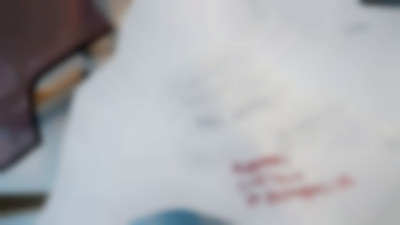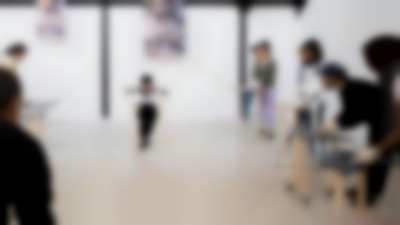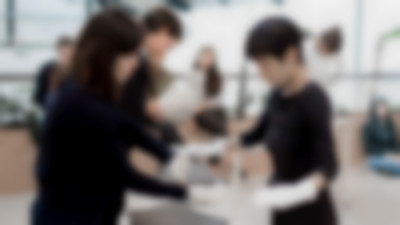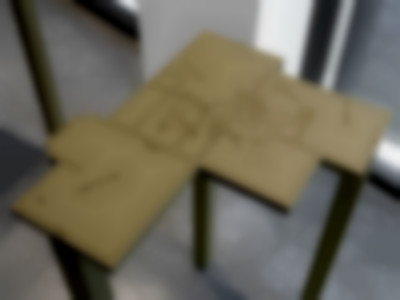What if the South is here? In a potential scenario where our climate gets warmer and “tropicalised”, can objects that come from the tropics but are kept in European museums, transgress their current passive state and untranslatability? Can forms and ideas from the South contained within the objects lead us to future adaptations for new climate conditions? How can we re-translate the knowledge and social relations carried by objects from the South to a European context without privileging modern conceptual paradigms? During the performance, I investigated this scenario and focused on objects in the context of Europe that are connected to us with various global warming transformations. In order to, in some ways, understand the new landscape by sharing knowledge from the objects. By looking at the archive of the Ethno-colonial museums in Europe, the Southern objects and their current context, draws out a new translation of tropical archives in collections on the history of colonial trade and exchange. Through a process of a materialised collaborative moment of thinking together, we created a new speculative landscape by retranslating the objects from the archive.
Tropical, Objects, Turns
(2019)
Footnotes:
- The worksop was organized into three sessions, Session 1: Performing for the Future Habitat, Session 2: Prototyping for the Future Habitat, and Session 3: Storytelling for the Future Habitat.
Tropical, Objects, Turns has been commissioned by The New Alphabet School 2019-2021, Haus der Kulturen Welt (HKW), Berlin, Germany. 3 sessions of performance and Workshops happened at Framer Framed, Amsterdam, 2019. Video When, Object, Turns was made afterwards, 2023.






